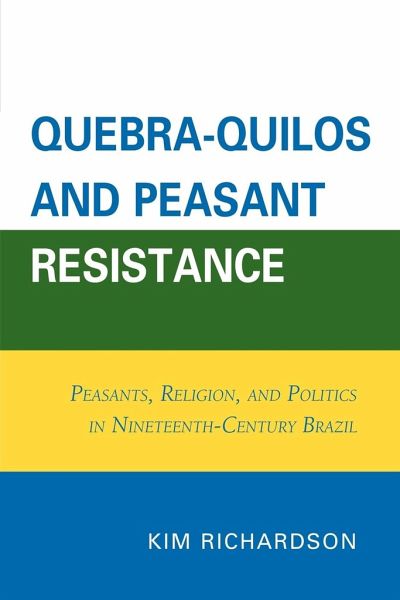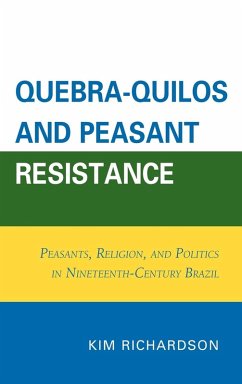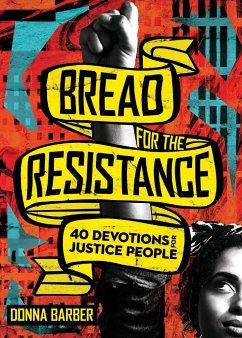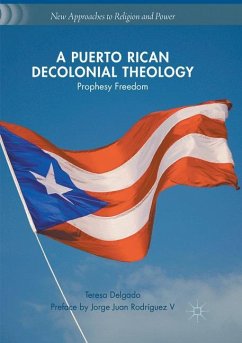
Quebra-Quilos and Peasant Resistance
Peasants, Religion, and Politics in Nineteenth-Century Brazil
Versandkostenfrei!
Versandfertig in 1-2 Wochen
51,99 €
inkl. MwSt.
Weitere Ausgaben:

PAYBACK Punkte
26 °P sammeln!
This book explores the complicated, multi-faceted uprising by analyzing its underlying causes: increased taxes, rising costs of foodstuffs, the forced implementation of this new metric system, fear of being drafted into the military and, finally, the imprisonment of two of the leading bishops in Brazil, known as the Religious Question.













